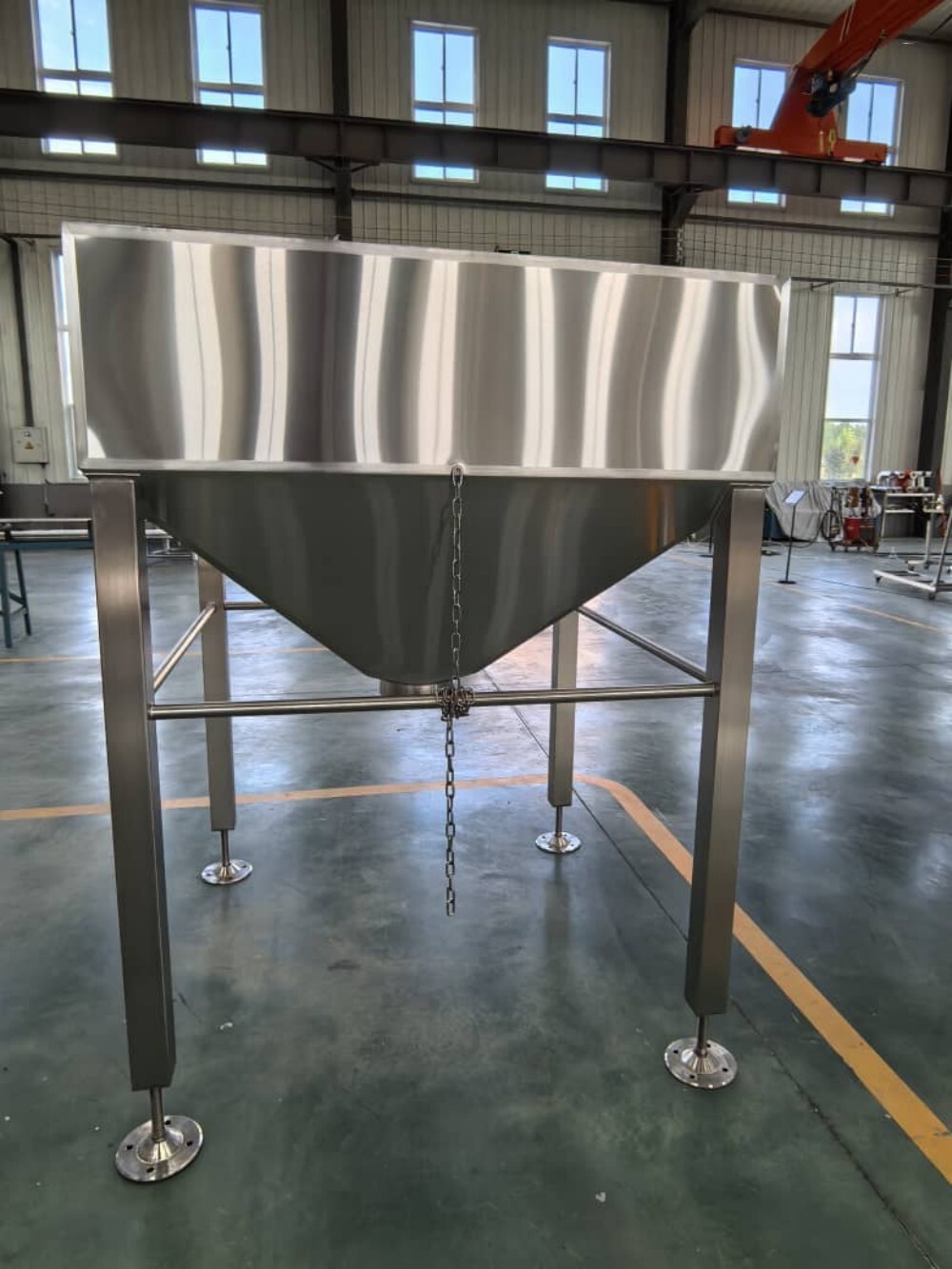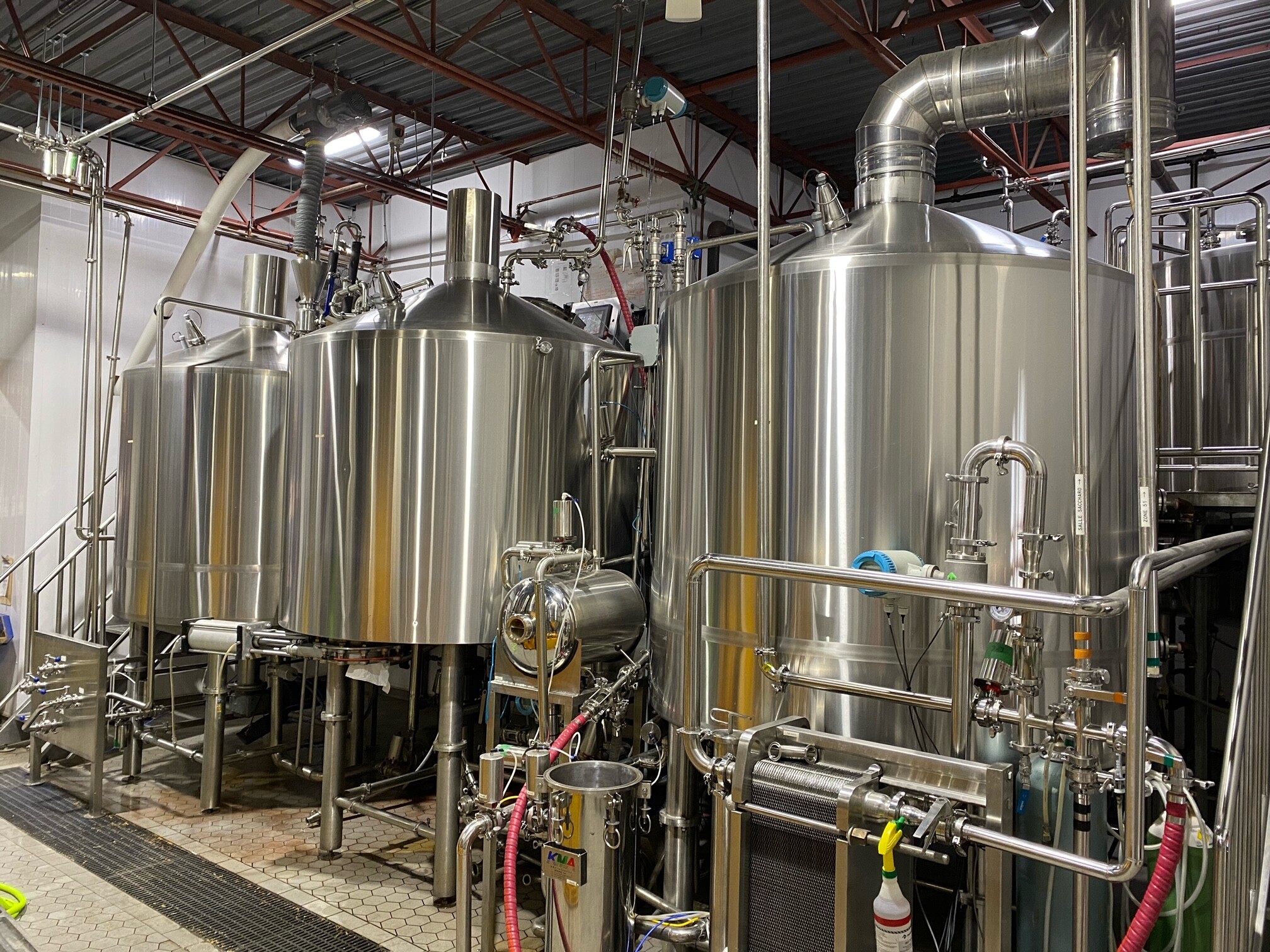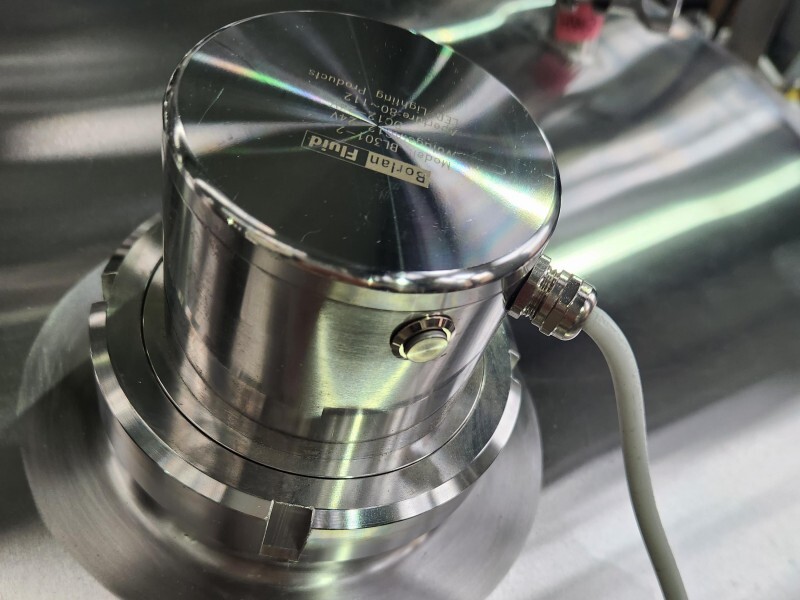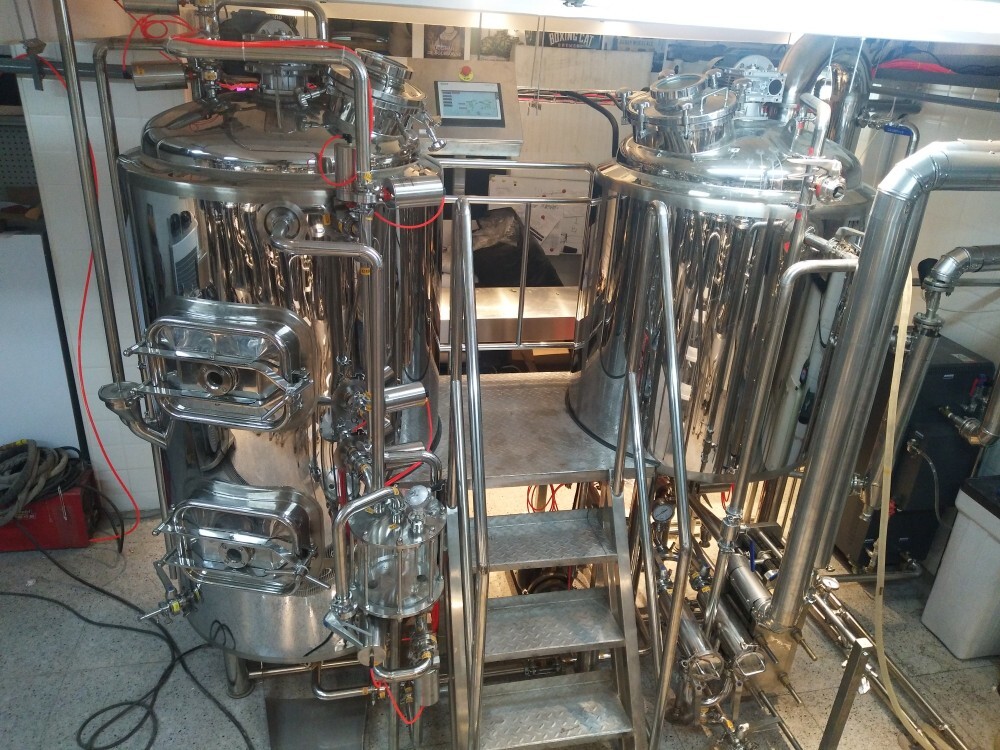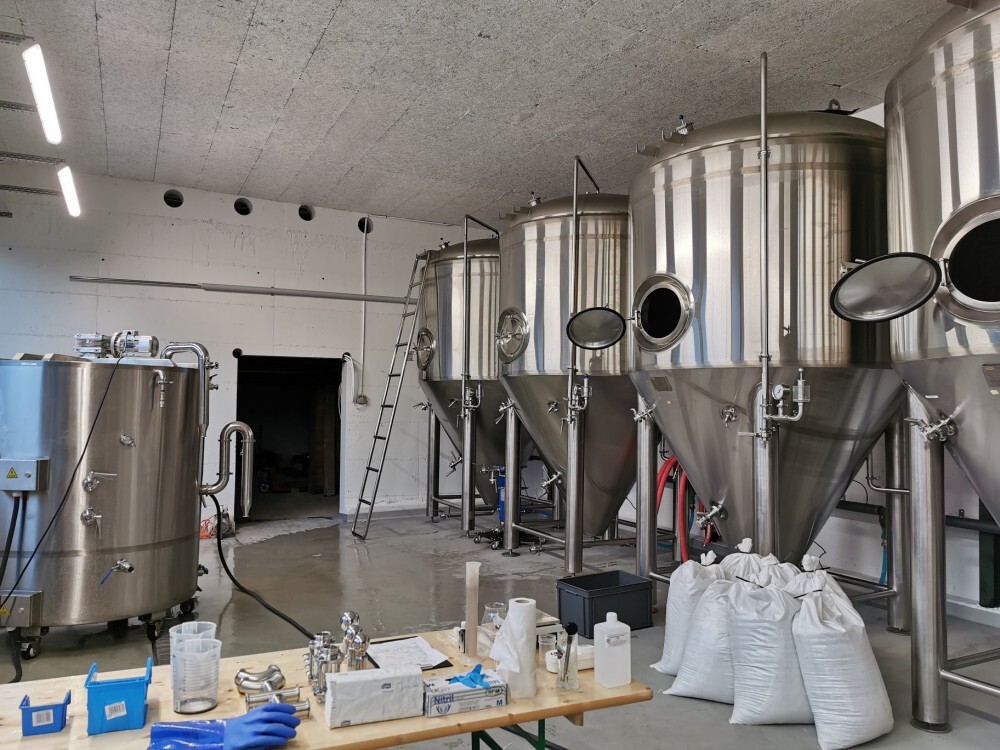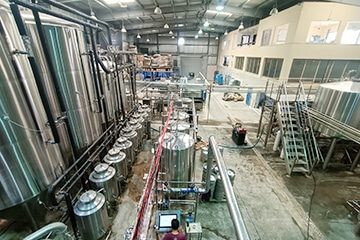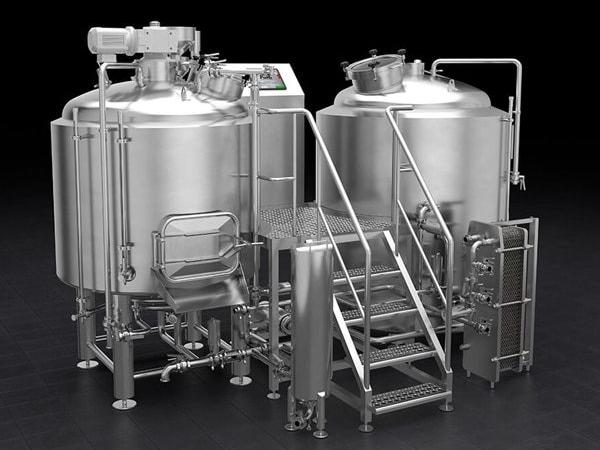Mobile CIP Cleaning System: Efficient Solutions for Hygiene
The Druery Brewery
Bateleur Brewery is delighted with ZYB Craft's complete brewery turnkey solution. ZYB Craft's comprehensive approach and meticulous attention to detail have streamlined our brewery setup. Their support throughout the process was invaluable. We wholeheartedly recommend ZYB Craft to fellow brewers for their exceptional turnkey solutions. Cheers to ZYB Craft for being our brewing partner!
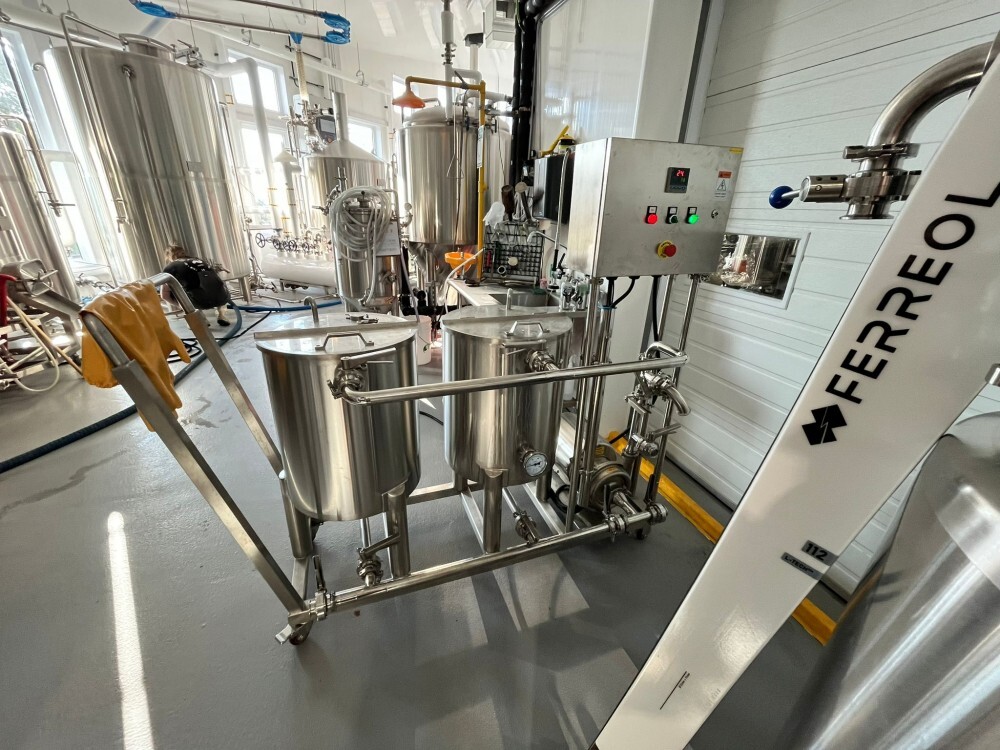
Project Description:
Mobile CIP Cleaning System: Efficient Solutions for Hygiene
In the food and beverage industry, ensuring cleanliness and hygiene is paramount. One effective method to achieve this is through the implementation of a Mobile CIP cleaning system. This system not only enhances cleaning efficiency but also minimizes the risk of contamination in various processes.
A Mobile CIP cleaning system is designed to clean processing equipment using a combination of chemicals and water, eliminating the need for disassembly. It utilizes a 3D fluid-optimized spray system that guarantees over 99.8% coverage at elbows and valves, significantly reducing the risks associated with residue accumulation.
Advantages of Mobile CIP Cleaning System
The benefits of implementing a Mobile CIP cleaning system are extensive:
- Improved Efficiency: The system operates swiftly, ensuring that cleaning cycles are reduced without compromising cleanliness.
- Increased Coverage: With ≥99.8% coverage, this system addresses complicated geometries within pipelines.
- Reduced Water Usage: A Mobile CIP cleaning system conserves resources by optimizing water use during cleaning cycles.
- Enhancement of Product Quality: By eliminating contaminants from the process, it helps maintain high product quality standards.
Addressing Pipeline Dead Zone Cleaning
Another critical aspect in the industry is managing the pipeline dead zones effectively. These areas can host stagnant products and residues, posing contamination risks. The Mobile CIP cleaning system is specifically engineered to tackle these challenges, ensuring that every part of the pipeline is cleaned thoroughly.
By continually circulating the cleaning solution through these dead zones, the system guarantees residue removal and promotes a hygienic environment, which is particularly essential for food production facilities.
Choosing the Right Mobile CIP Cleaning System
When selecting a Mobile CIP cleaning system, consider the following factors:
- System Versatility: The system should be adaptable to various types of equipment and cleaning tasks.
- Compatibility with Chemicals: Ensure the system can efficiently work with the specific cleaning chemicals required for your processes.
- Ease of Operation: Look for systems that are user-friendly, allowing operators to perform cleaning with minimal training.
Conclusion
Investing in a Mobile CIP cleaning system not only facilitates superior cleaning processes but also safeguards product integrity and hygiene standards. By effectively addressing challenges such as Pipeline Dead Zone Cleaning, industries can significantly enhance their operational efficiencies and reduce contamination risks.
Product Features
Tell us about your brewery equipment requirements!
At ZYB Craft, we’re dedicated to bringing your brewery vision to life. Our expert team of brewers, engineers, and craftspeople is ready to design and manufacture the perfect equipment for your brewing operation. Whether you’re just starting or expanding, we’re here to help. Please leave your specifications, and our team will get in touch to discuss your project in detail. We’ll work closely with you to create equipment that meets your unique needs and budget.
*Rest assured, your information will be kept confidential and used solely for the purpose of assisting you with your brewery equipment needs. We look forward to brewing success together!

